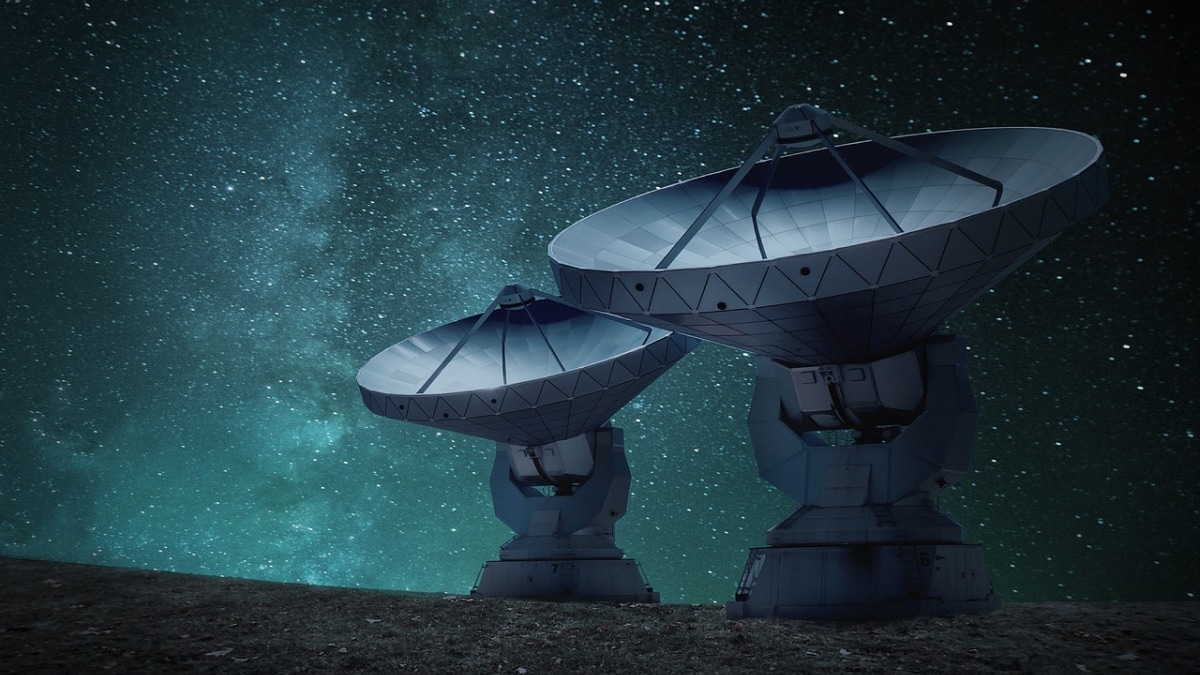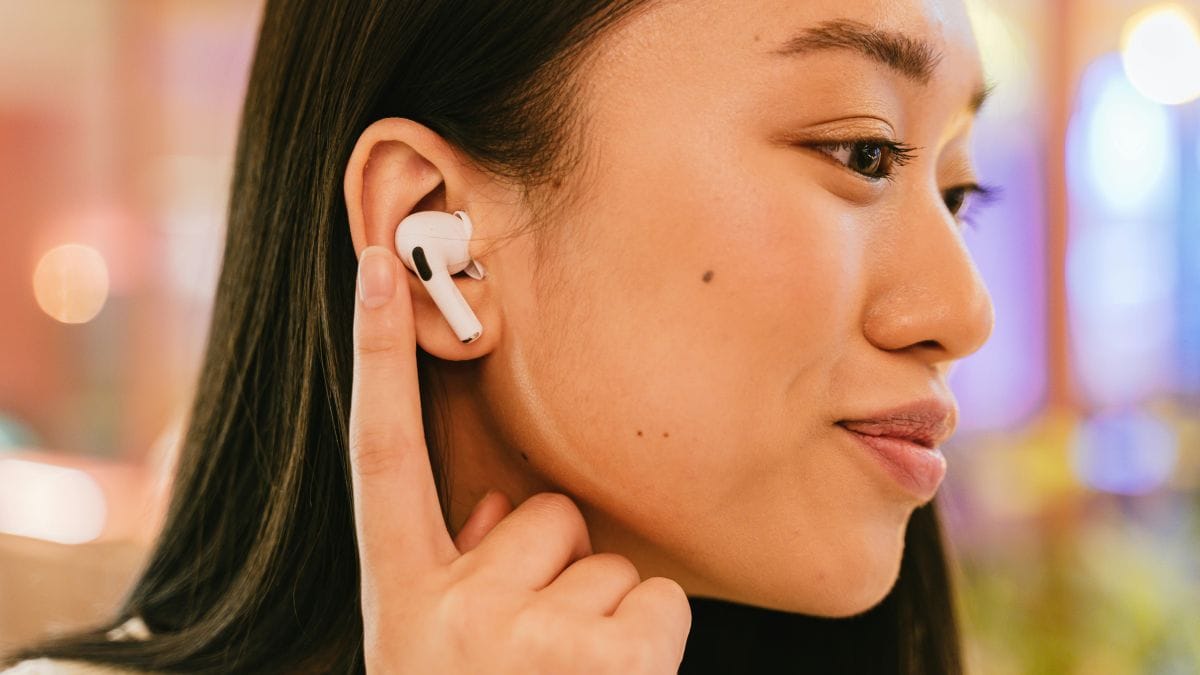Elon Musk’s Starlink satellites could dazzle ground-based radio telescopes

Elon Musk’s Starlink satellites are causing significant disruption to astronomers worldwide. Scientists from the Netherlands, specifically the Netherlands Institute for Radio Astronomy (ASTRON), have reported that the growing network of Starlink satellites is interfering with radio waves used for vital space research. The satellites, which are designed to provide high-speed internet to remote areas around the world, are blocking signals that astronomers use to observe objects in deep space, including black holes, exoplanets and galaxies millions of light-years away.
Impact on astronomical research
According to Professor Jessica Dempsey, Director of ASTRON, the interference from the second generation of Starlink satellites (V2) is much stronger than the previous versions. They marked that the electromagnetic radiation emitted by these satellites is up to 32 times stronger than what was detected by previous models, making it increasingly difficult for scientists to collect important data.
The satellites, which currently orbit Earth about 550 kilometers above the surface, introduce significant noise into the radio spectrum, preventing radio telescopes from picking up faint signals from space. This unintended interference threatens the ability to explore and study distant cosmic phenomena.
Scientists urge SpaceX action
There are currently more than 6,400 Starlink satellites in orbit around Earth, and the number is expected to exceed 100,000 by 2030. This rapid growth has raised concerns among astronomers. Cees Bassa, lead author of a study on the effects of Starlink, compared the radiation from the satellites to the brightness of the full moon, drastically dwarfing the faint stars that astronomers want to observe. Robert Massey, Deputy Executive Director of the Royal Astronomical Society in the UK, stressed the urgency of addressing the problem and called on SpaceX to take immediate action.
Astronomers suggest that simple steps, such as shielding the satellites’ batteries or improving their design to reduce radiation emissions, could significantly reduce interference. Without such measures, they warn, ground-based astronomy could face serious limitations, making it harder to study the universe.
Professor Dempsey noted that the situation poses an existential threat to astronomical research if left unresolved. Scientists believe that SpaceX, as the largest satellite provider, can set a precedent for responsible space operations.




